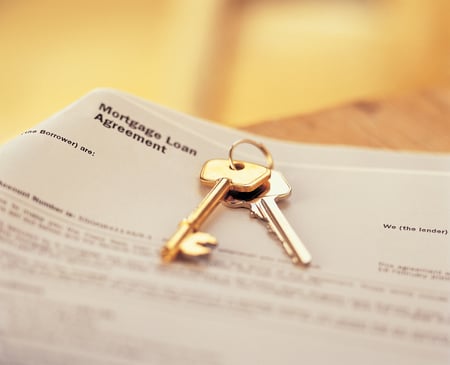A Review of Mortgage Points and their Savings
- January 26, 2017
- Buying, residential real estate, Mortgage, mortgage points
- 0

When purchasing a new home, there is a seemingly endless number of factors that go into deciding how much you will pay. There’s your mortgage, taxes, insurance, closing fees and that’s only the tip of the iceberg. However, there are also ways that you can save yourself some money down the line. One way is by purchasing mortgage points.
What Mortgage Points can do for You
What are Mortgage Points?
Inevitably, due to the relatively high cost of real estate, most buyers won’t be able to afford an entire home at the time of closing. For these reasons, mortgages are available by banks or creditors to loan the buyer funds, which the homeowner will then have to pay back over time with accrued interest. The only way to lower your interest rate is with mortgage points.
There are two different types of them: discount points and origination points. The price of each can vary on a case-by-case basis, but most of the time they cost one percent of your entire mortgage. For instance, on a $350,000 home, a point is worth $3,500.

Discount Points
Discount points are the type of mortgage points that can affect your interest rate. When you purchase a single discount point, your interest rate will then decrease anywhere from one-eighth to one-quarter of a percent, depending on your lender.
Think of them as prepaid interest. By paying an upfront cost at the time of closing, you will lower the amount of interest that you have to pay over time.
- For example, say your mortgage is $400,000 with an interest rate of five percent.
- If you purchase two discount points for $4,000, the cost will be $8,000.
- Assuming each point will lower your rate by a quarter of a percent, your new interest will be 4.5 percent.
It might take a few years for the money you save on interest to recompense the initial cost of the points, but, if you plan on staying in your home for a long period of time, the savings can be exponential. Discount points are also tax-deductible on the year that you bought them.

Origination Points
On the other hand, origination points are fees that the home buyer will pay to their lender or loan officer at closing time to cover the work that they did to secure the mortgage. Unlike discount points, they are not tax-deductible.
Origination points can usually fluctuate based on who’s giving you the loan. This means that there isn’t a definite cost for them, so they’re usually negotiable. Sometimes, the lender who is giving you the mortgage will not even require them at all.
Mortgage points aren’t always a necessity, but a new home can be quite expensive. So, any financial relief available to you is surely going to be worth it.








